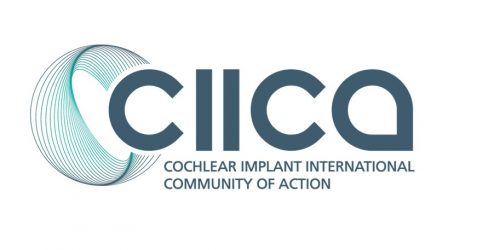The British Deaf Association (BDA) has published three new evidence reports relating to early years access to British Sign Language.
“The first report is an analysis by RAND Europe, a not-for-profit, non-partisan policy research organisation, who examined the potential costs to society and associated benefits of providing the families of deaf children with early access to British Sign Language (BSL). Their conclusion is that early acquisition of a sign language, such as BSL, can be thought of as an investment in human capital that can lead to significant positive economic return, the level of which depends on a number of variables. The headline conclusion of the report is: “Every £1 invested in early British Sign Language provision yields up to £14 in lifetime benefits – boosting education, employment, and health outcomes for deaf children and society.”
The authors recommend that UK Governments ensure early access to BSL for deaf children. They report that normalising access to BSL from infancy could help prevent language delays and reduce the risk of language deprivation when hearing technologies are insufficient or inconsistently used.
The second is an evidence review led by the SORD (Social Research with Deaf People) team at the University of Manchester in collaboration with DCAL (Deafness, Cognition and Language research centre), University College London. They review published academic research about the impact on deaf children of early access to sign language. The authors find that early language access, including sign language, is fundamental for optimal life outcomes; that delaying sign language exposure carries long-term costs — educational, economic and health; and that supporting families to sign early is a cost-effective, evidence-based intervention.
The third is an independent evaluation of Family Sign at Home (FSH) services run by the British Deaf Association. This report shows the power of family sign services for individual families of deaf babies and children and provides valuable lessons for the wider implementation of this vital support. It recommends, for example, that “taster” courses should be longer, that families should be assessed at enrolment stage, that the curriculum should be expanded and that a network of FSH tutors should be developed.”
Visit the BDA website for further information.



